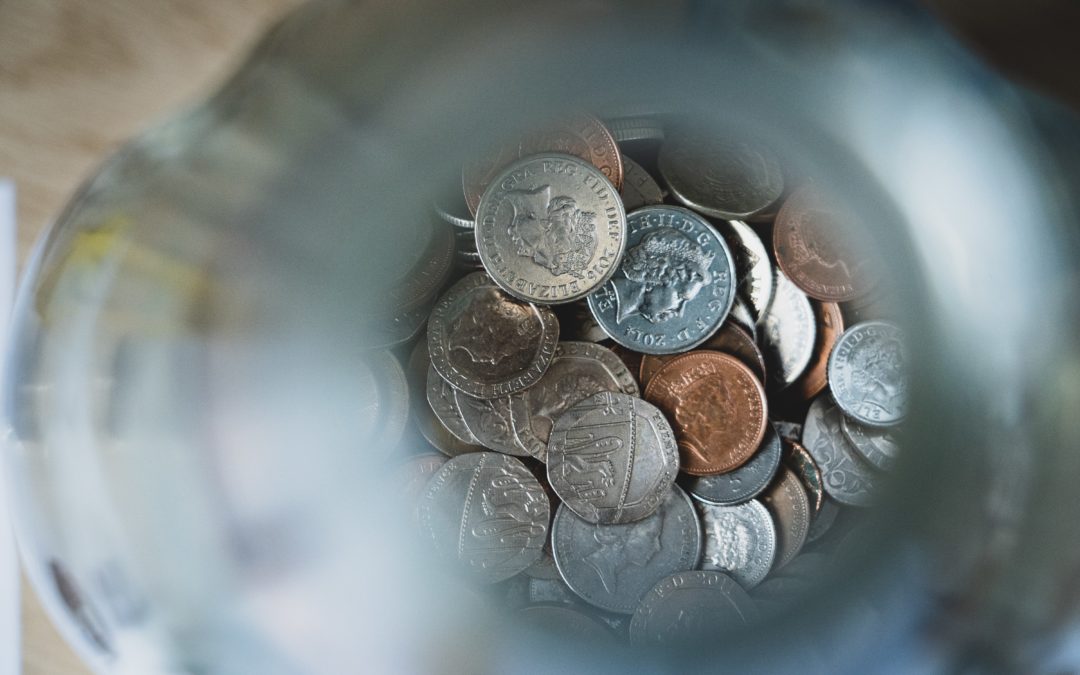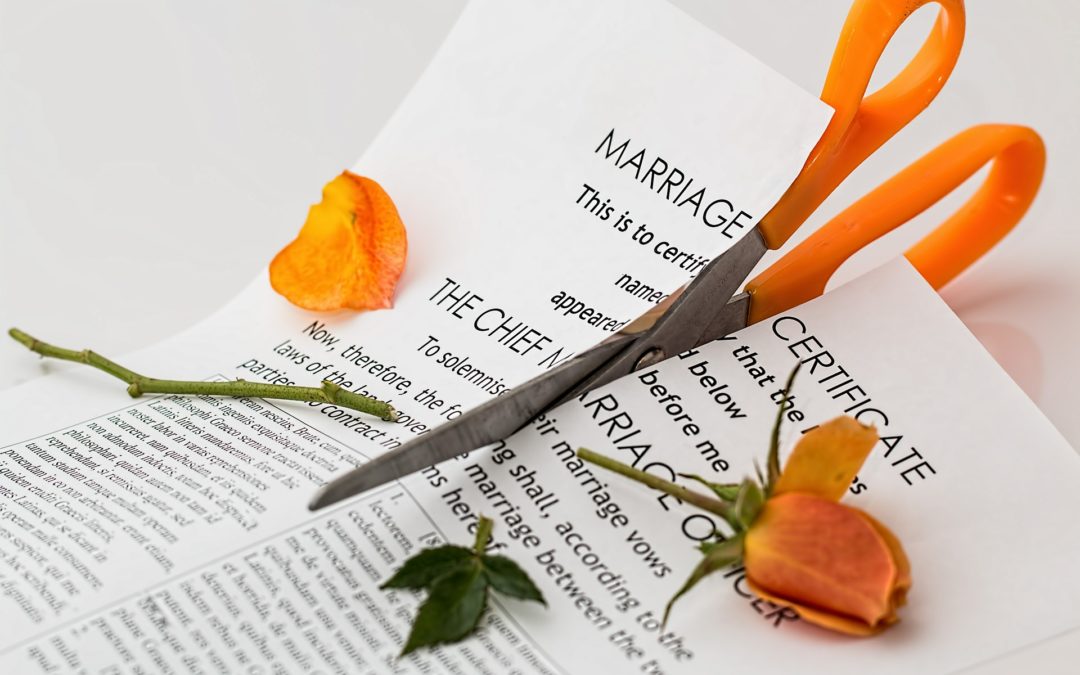Separation and divorce are difficult enough, without having to worry about unravelling your finances, but there are ways to make it easier. Our guides take you through what happens to your pension when you split up…
Pensions: you may not have given yours much thought. But even if you’ve only been putting away a small amount each month, your pension fund could be worth thousands of pounds; especially if you’ve been putting something aside for 10 years or more.
Pensions can be one of the biggest financial assets you own. If you have been paying into a company-run pension, where your company matches or tops up your contributions, then the amount could run into over a hundred thousand pounds. If you are lucky enough to be in a final salary scheme, it could be worth even more.
This is why you and your partner’s pensions should be included in any post-separation or divorce settlement.
Pensions only have to be split if you are married or in a civil partnership. If you are cohabiting, any agreement to split a pension will have to be a mutual one or part of a court settlement. This is where you may need to get legal advice.
Step one: What pensions do you have?
First of all, you need to work out what private pensions you or your ex-partner have been paying into. These will include:
- A personal pension
- Company pension
- Additional State Pension (this is not the same as the Basic State Pension, more about this later)
You will also need to make sure you have a copy of the rules for your company pension scheme. Different schemes have different rules when it comes to dividing up pensions after divorce or separation.
If you are divorcing in England, Wales or Northern Ireland, the total value of all the pension funds you have each built up is taken into account. In Scotland, only the amount that was paid in during your marriage is taken into account.
Step two: Find out what your pension is worth
Company scheme or personal pension
- Most pensions have a free annual statement, which can give you an idea of how much it is worth. (Any valuations you will have to pay for).
- Only the partner named on the pension can ask to find out how much that pension is worth.
- Expect to pay some charges if you transfer money out of the pension into another (see below).
- When you’re told the value of your pension, it may be called the ‘cash equivalent transfer value’. This is the amount you’d get if you took out your pension and moved it to another pension scheme.
- Your pension must be valued on the ‘date of separation’, and only the value that has built up during your marriage or civil partnership is taken into account
- You need to find out how much of the pension was built up during your marriage
Final salary scheme
The rules around final salary pension schemes are slightly different. You can still get a valuation, but because the schemes are a guaranteed form of pension (other types of pensions rely on the value of the stock market) you will need help from an actuary or a financial adviser who specialises in divorce or dissolution.
Additional State Pension
The Additional State Pension is the part of your State Pension you build up when you’re employed.
At the moment, you can’t split it if you divorce or dissolve your civil partnership. You can get a valuation of your Additional State Pension by filling in Form B20.
Step three: Work out how you want to split your pension
Pension sharing
This is where one of you gets a share of the other partner’s pension (or pensions). The partner getting the share has a pension set up in their own name.
Pensions offsetting
Instead of having a claim on the pension, the other partner get the equivalent value in other assets, such as a larger share of the house, or any other assets.
Deferred pension sharing
Instead of setting up a new pension, as with normal sharing, you agree to split the pension at a later date, nearer retirement.
Deferred lump sum
Instead of getting a pension, the other partner gets a lump sum, but only when the ex-partner retires. This is not available in Scotland.
Pensions attachment order (also called earmarking)
This is when you get a pension when your ex-partner starts taking theirs.
Step four: Know your rights
The Pensions Advisory Service (TPAS) is a government website which has a free phone service to offer advice to those getting divorced and needing help with their pension. To find out more and book your free appointment to speak to someone, visit the TPAS website.
Step five: Your Basic State Pension
This cannot be split and the rules around the Basic State Pension changed for those who retired after 5 April 2016. To check your own entitlement, you can use the Gov.uk website calculator or the Money Advice Service pension calculator here.








